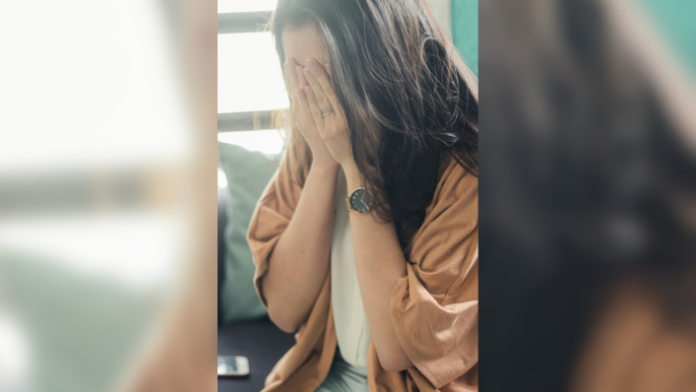Attention Deficit Hyperactivity Disorder (ADHD) has long been associated with hyperactive young boys, but recent years have shown a dramatic rise in diagnoses among women. This increase is shedding light on ADHD in women, and how it manifests differently in females and how it often goes unrecognized until later in life. Now more than ever before, here’s how women are finding help.
ADHD in Women: Why it Goes Undiagnosed
Personal Journeys of Discovery
Many women have lived with undiagnosed ADHD for years, often attributing their struggles to personal failings: being forgetful, being unorganized, tidying things in piles instead of finding proper homes for belongings. Good Morning America correspondent Diane Macedo shared her story, describing how she felt overwhelmed and disorganized, particularly after becoming a mother. She always struggled with tidiness, misplacing things, and forgetting important tasks, but it wasn’t until she saw social media content about ADHD that she sought an evaluation and received her diagnosis. For the first time in a long time, Diane no longer felt like she was drowning, and also learned, she’s not alone.
The same is true for Jessica Covington, who for decades thought she was lazy and unmotivated until a life-changing ADHD diagnosis explained her persistent struggles with time management, planning, and organization.
“I always felt a sense of not being good enough,” Jessica told GMA. “It explained so much.”
The Shift in Understanding ADHD
A recent study showed that diagnoses for women aged 23 to 49 nearly doubled from 2020 to 2022. This rise is partly due to a better understanding of how ADHD affects girls and women differently from boys. Girls with ADHD often display inattentiveness rather than hyperactivity, leading to behaviors like twirling hair or fidgeting with a pencil, which can be easily overlooked.
Many women are unexpectedly getting diagnosed after learning about their children’s ADHD. “I started to realize how familiar it all sounded,” said one mother. Others are being tipped off by social media, where videos and posts about ADHD in women, and the symptoms that accompany it have led many to seek evaluations.
ADHD in women often goes undiagnosed because these symptoms can be mistaken for character flaws, stress, or other mental health conditions such as anxiety or depression. Women with ADHD often develop coping mechanisms that mask their struggles, further complicating the diagnosis. And on top of that, women are typically very high-functioning, even when dealing with stress, anxiety, depression, or other environmental factors. This inherent trait of women can often lead those suffering from ADHD to feel overwhelmed, burnt out, or like they’re “drowning.”
The Role of Social Media
Parenting influencer Libby Ward shared how social media videos made her realize she might have ADHD. “I started seeing videos about women struggling to keep their houses clean or starting one task and then moving to another,” Ward said. This realization led her to get diagnosed and has since inspired her to share her journey with her nearly 2 million followers. Her openness has encouraged countless other women to seek help.

